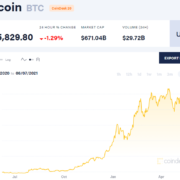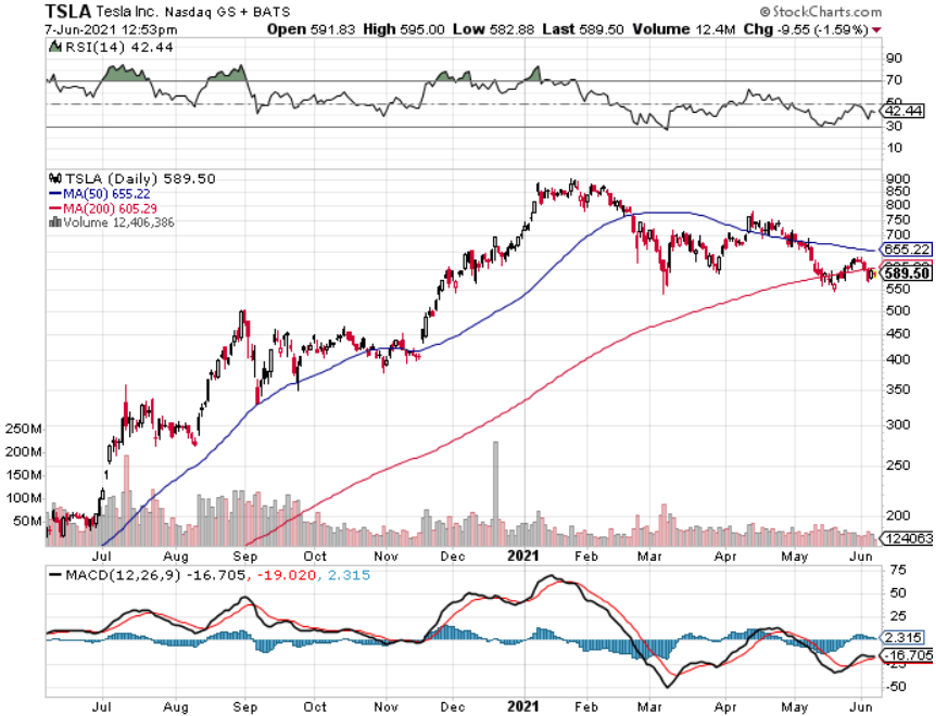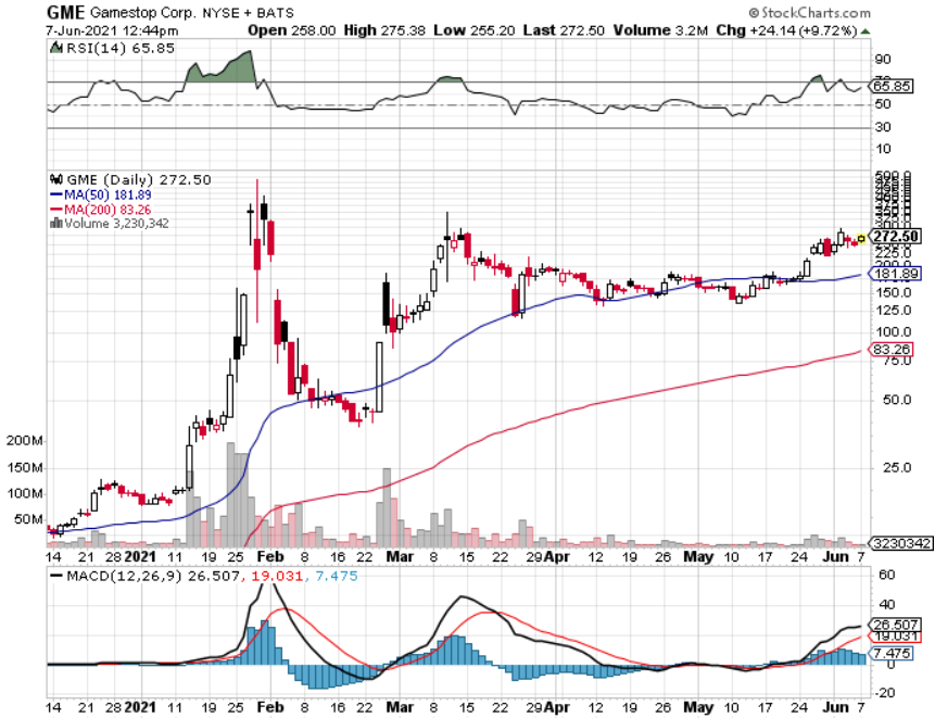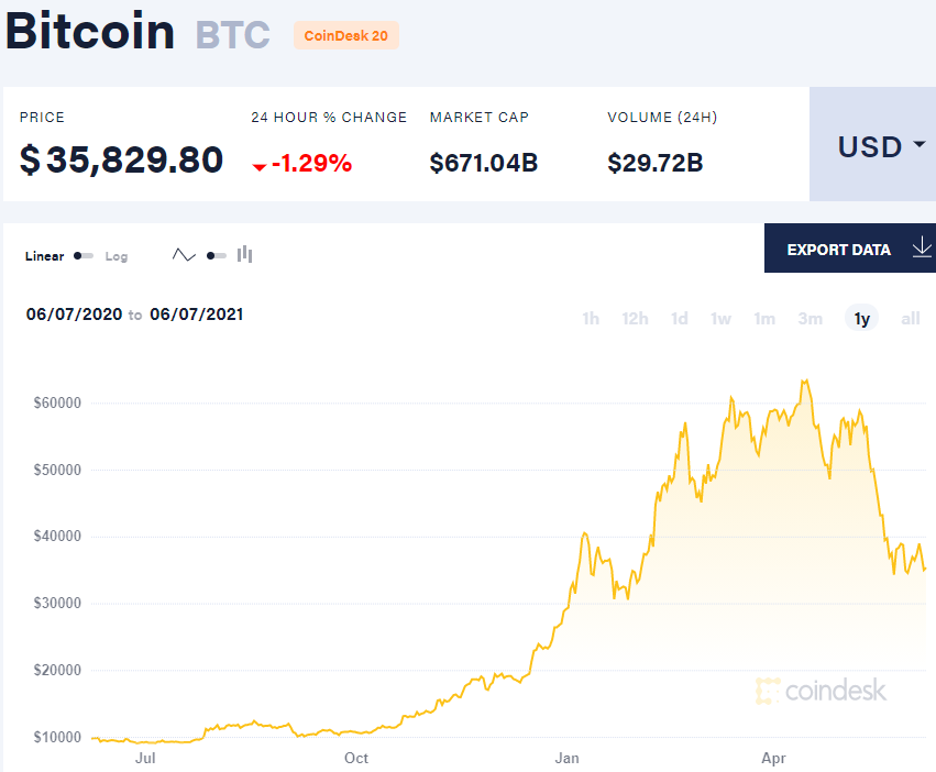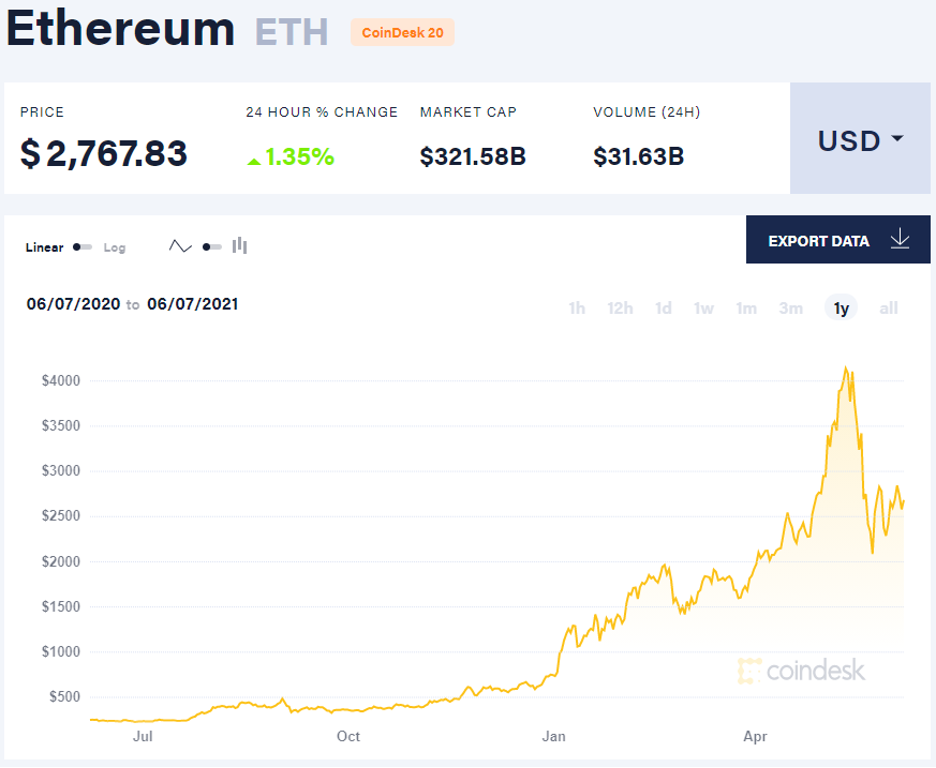The Circusification of Tech Stocks
The younger U.S. generations went from almost not knowing what the stock market was to overnight dominance of it.
They now make the rules.
Millions of new brokerage accounts have been wielded since the start of the pandemic.
Trillions in value transferred from taxpayers and the Federal Reserve into brokerage accounts at Robinhood and Coinbase.
More dollar bills are funneled into these accounts with every paycheck.
The stock market and the generations above it are still trying to figure out what just happened.
Leverage is another thing this generation Googled and figured out how to harness too during the pandemic.
This generation is truly fearless, or they haven’t been trading long enough to understand what it feels like to lose all your money.
It doesn’t matter because the only thing that matters is what they pay attention to and what’s irrelevant.
If they choose to prop up a 10-word Elon Musk tweet into bulletproof trading strategies, how will you stop them?
If they want Gamestop (GME) to go from $17 before the pandemic to $270 today with even this morning trading in it up 10%, how do you stop something like this?
The answer is you can’t.
How do you convince newly minted investors that diversification makes sense when the first stock they ever bought, Tesla (TSLA), rose 800% while everything else barely moved?
Generations before what is going on now, investors held a series of adages near and dear to them.
Every generation puts its own spin on trading, but what we are witnessing today is that rules are not important anymore when the pace of technology changes every industry to the point that these industries are now unrecognizable.
The new rules mean there are no rules anymore and that’s the beauty or hideous side of investing now, whether you like it or not.
It used to be that “serious” investors religiously followed value investing, which was pioneered by Benjamin Graham and the U.S. emerged from the Great Depression, and his two seminal books were investment bibles.
1934’s Security Analysis and 1949’s The Intelligent Investor laid the groundwork for a generation of contrarian investors who eschewed macroeconomic trends and market patterns, and instead focused on a company’s fundamentals, looking for cheap stocks that they would hold for 20 or even 30 years.
Legends such as Irving Kahn, John Templeton, and Warren Buffett have made value investing synonymous with successful investing for decades.
Now these people who held up these books as bibles can’t understand markets.
They have seen bull and bear markets or all sorts, but nothing like this before.
We locked everyone in their homes for a year and gave them a virtual life to live on their screens.
Why should we be surprised if younger generations treat money and investments like tokens in a video game?
If you had opened your first brokerage account in the spring of 2020, you would most likely have opened it at Robinhood.
You downloaded an app, transferred $500 in from your couch, and pressed some buttons and looked at the screen with some digital numbers that said you had a nice profit.
With a Robinhood account, your first exposure to cryptocurrencies does not frame them as an unproven alternative to stocks. The two stand on equal footing.
This is radically different from the experience of the Gen X and boomer investors logging in through Schwab, Fidelity, or Vanguard to check their balances or download a statement.
What we are seeing is that a new generation is creating the new conventions of the investing landscape and views stocks and crypto coins as interchangeable with equal credibility.
Now every prominent news site is leading with crypto news more often than not and ad platforms like Twitter have said that crypto ads are their highest growth product.
This phenomenon is here to stay because the same will go for any young investor that opens up the incremental brokerage account to trade from their phone tomorrow and the next day after that.
These people are taking profits from Tesla and rolling them into trades like Dogecoin, Ethereum (ETH), and Bitcoin (BTC).
This behavior is starting to become normalized and positive liquidity event in alternative assets will spawn more volume trading in these very assets that were called as “toxic” and a “scam.”
The laughable thing is just one of the 48 U.S.-listed stocks in Berkshire Hathaway portfolio, consumer discretionary RH (RH), topped the price gains of Bitcoin over the past 12 months.
Therefore, don’t ask this generation about the annual average returns of the “safe” 60/40 stock-and-bond portfolios touted by planners and advisers.
Don’t ask this generation to read the Intelligent Investor because it’s outdated. Assets aren’t trading on fundamentals anymore and the Fed printing money like it's their job is fueling a massive tidal wave of new capital into crypto like it's not even funny.
It doesn’t make sense anymore to the Warren Buffets and Charles Munger.
When asked about Bitcoin directly at the Berkshire Hathaway's annual shareholders meeting earlier this month in Los Angeles, he said “I'm going to dodge that question.”
And now, it’s expanded into the exurbs to include blank-check companies, venture-backed startups, tradable bits of computer code, and investable software protocols.
Your father’s stock market is never coming back and the one from before the pandemic isn’t coming either.
The stock market is still one of the only games in town which makes it hard to avoid for any American who prioritizes wealth accumulation.
The pandemic leveled the playing field for crypto and they used that new oxygen to mint many new millionaires and billionaires who now harness capital that has the potential to be reinvested into the asset landscape.
If it’s turned into a 3-ring circus because of a fusional 1-off event, then better figure out how this new circus works earlier than later.

